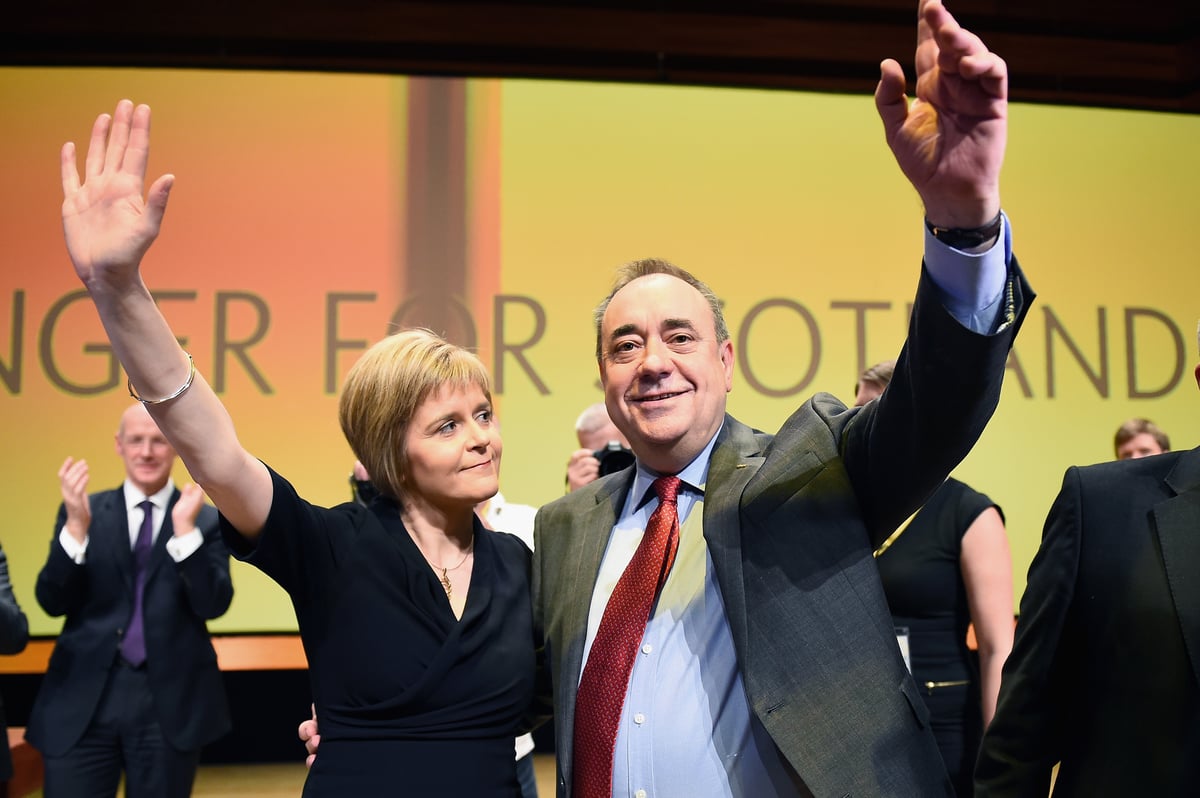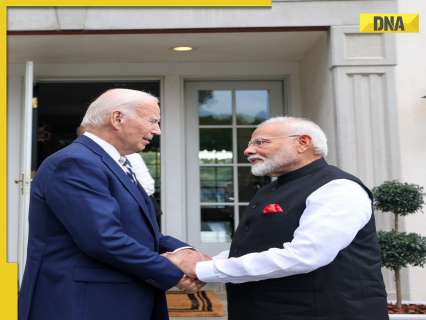I’m not sure how many viewers the recent Scottish Conservative leaders’ debate on STV attracted, but I’ll guarantee a lot more tuned in to the BBC’s two-parter Salmond and Sturgeon: A Troubled Union, the documentary marking the tenth anniversary of the independence referendum. If that campaign seems like yesterday, the features of the two protagonists tell a different story, not just the natural spread of advancing years to which most of us succumb, but the weariness, the resignation and, yes, the anger about subsequent events. In the darkened confines of Prestonfield House where the interviews were shot, long gone was the swagger with which they bestrode its manicured lawns in the heady days of victory in 2007, 2010 and 2011.
Sad and beaten They all agreed on one thing, however, that party loyalty and discipline, and single-minded focus on the drive to independence were absolutely crucial to success. It must therefore follow that in laying bare the rancour and division of recent years, the contributors to the mini-series have helped ensure that the dream will remain just that. Alex Salmond, Nicola Sturgeon, Humza Yousaf and John Swinney all looked sad and beaten.

Only former adviser Geoff Aberdein seemed to be enjoying himself. Maybe it’s only to be expected that Mr Salmond would use such language as “venomous and biased” towards the BBC, long seen as an enemy of independence by its supporters, even though unionists have long suspected the opposite. As most Conservatives gave up on it a long time ago, you can make up your own mind.
Sturgeon-Salmond fall-out But programme makers always make the programme they want to, gathering enough material to construct the narrative they seek. So, the first question any participant must ask is what story do they want to tell? Experienced TV contributors, like, for example, ex-First Ministers, should know if you don’t like the story, taking part won’t change it. Why SNP diehards must stop carrying on like Monty Python’s Black Knight and seek economic strength From that perspective, Mr Salmond should not be surprised the show focussed on the fall-out with Ms Sturgeon, not the ancient history of the SNP’s evolution.
People speak out in such shows partly for fear of what the other side might say, which is what the directors want, and it was a good show precisely because all the actors were there playing themselves, speaking as openly as legally possible. Its main weakness was the lack of similar daylight on Ms Sturgeon’s actions in Bute House, for reasons Mr Salmond would dearly love to discuss. But away from the entertaining score-settling, it was striking that Mr Swinney also criticised key political decisions made by both his predecessors.
Mr Salmond’s “unpardonable folly” in attacking the UK’s military action against Serbia on the eve of the 1999 Scottish election cost her victory in Govan, said Ms Sturgeon, and Mr Swinney agreed it was a mistake. Differences of opinion Then he questioned her decision to demand a second independence referendum immediately after the 2016 Brexit vote because it was too soon. On both counts he was correct, but unless I missed it, I can’t recall anyone of any seniority in the SNP voicing such concerns at the time.
The vital loyalty held firm. Divisions within the Conservatives have been so deep that the public hasn’t had to wait ten hours, never mind ten years, to learn about bust-ups, and of course it’s naïve to think there aren’t differences of opinion amongst groups of people who are, after all, in the opinions business. But when there are positions or claims which are at best debateable or at worst plain wrong it’s fair to ask whether those responsible actually believe what they’re saying, and if they do, are they actually a lone voice which, in the case of the leader, just happens to be louder than everyone else’s.
Take Mr Swinney’s new claim that young people are the “Independence Generation” who will deliver the dream of a separate Scotland in his lifetime. Based on a new Opinium poll for the Sunday Times which found 63 per cent of 18 to 34-year-olds would vote Yes in a second referendum, it relied on the same false logic that once a believer, always a believer, no matter how much circumstances, personal or otherwise, change. A stubborn underlying trend The facts tell a different story, and the demographic breakdown of the 2014 referendum shows almost the same proportion of 25 to 29-year-olds, 62.
2 per cent, voted Yes and for 30-39-year-olds, it was 55.2 per cent. Although only around 46 per cent of 16-24-year-olds voted Yes, it still gave a clear majority for separation amongst 16 to 39-year-olds, which hasn’t been maintained amongst those entering middle age.
According to Opinium, those young independence supporters of 2014, now in the 35-49 age bracket, are 47:44 opposed. Independence support in polls in the immediate aftermath of the referendum, and then again in October 2020 as the second pandemic lockdown approached, surged briefly to nearly 60 per cent, but the underlying trend stubbornly refuses to budge from 55-45 in favour of Union, ample proof that surges don’t stick and people are less inclined to take a punt with future prosperity the older they get. An experienced politician like Mr Swinney, who will have spent a lifetime poring over analysis of voter data will understand this, and hyperbolic predictions based on one slice of one poll is, to use Mr Swinney’s word, baloney for the faithful and the gullible.
Like the festering division in the independence movement the BBC documentary explores, Mr Swinney cannot escape the truth that with full control of the instruments of domestic government, the readiness to blame the UK Government for every woe, the acquiescence of much of the great, good and cowardly of “civic” Scotland, and hugely favourable political weather like the handling of Brexit and the pandemic, in a decade the independence cause has not moved forward an inch..
















